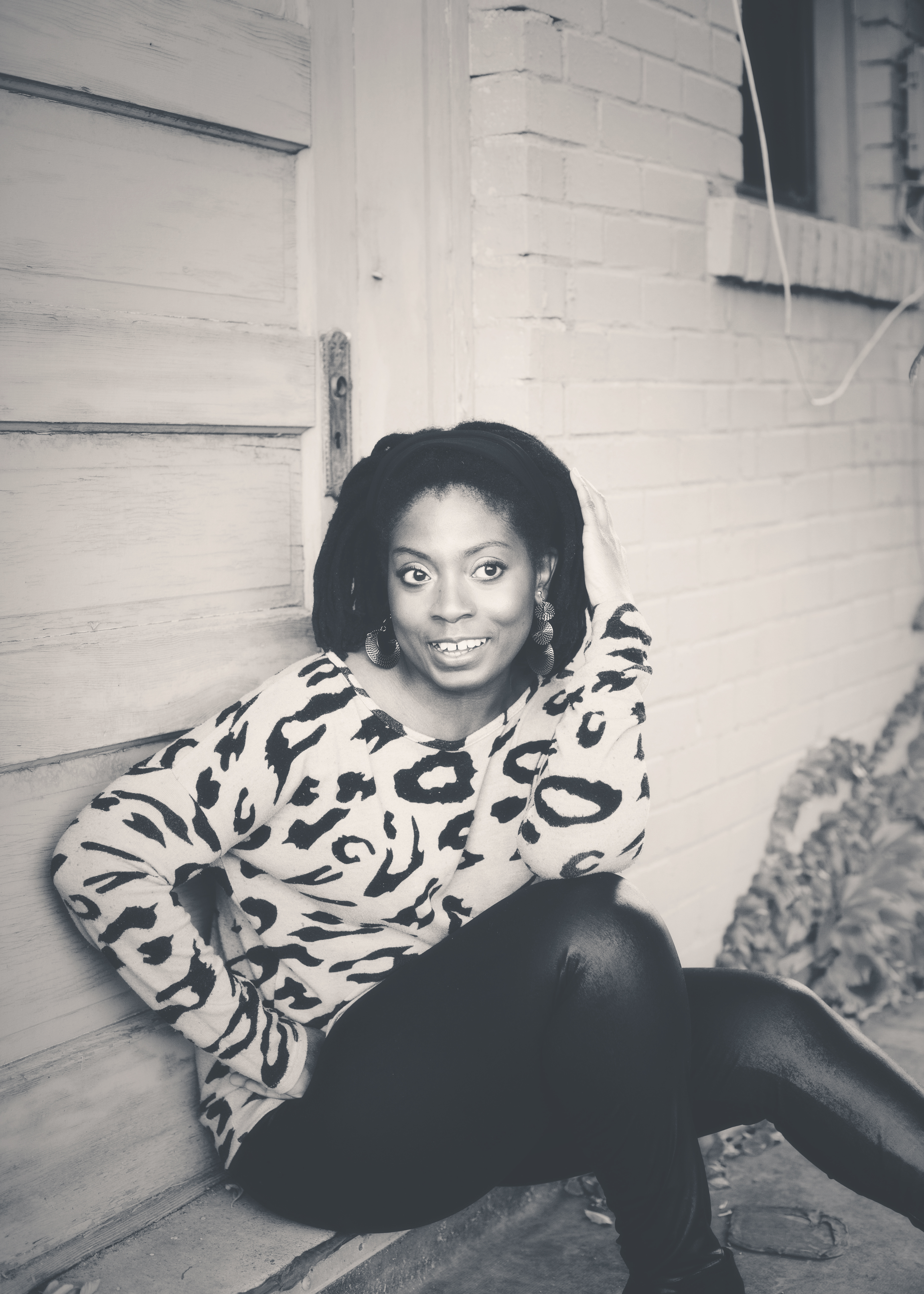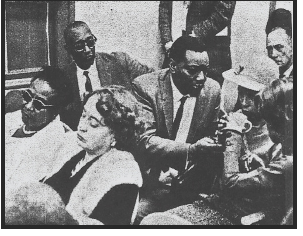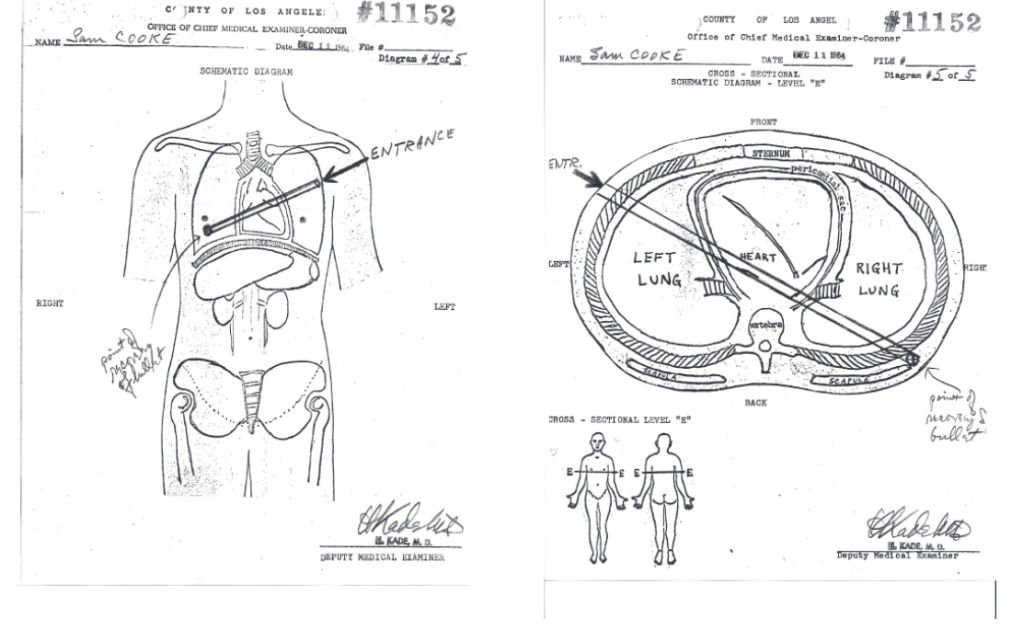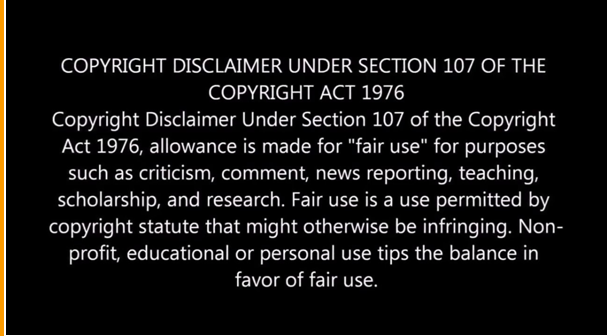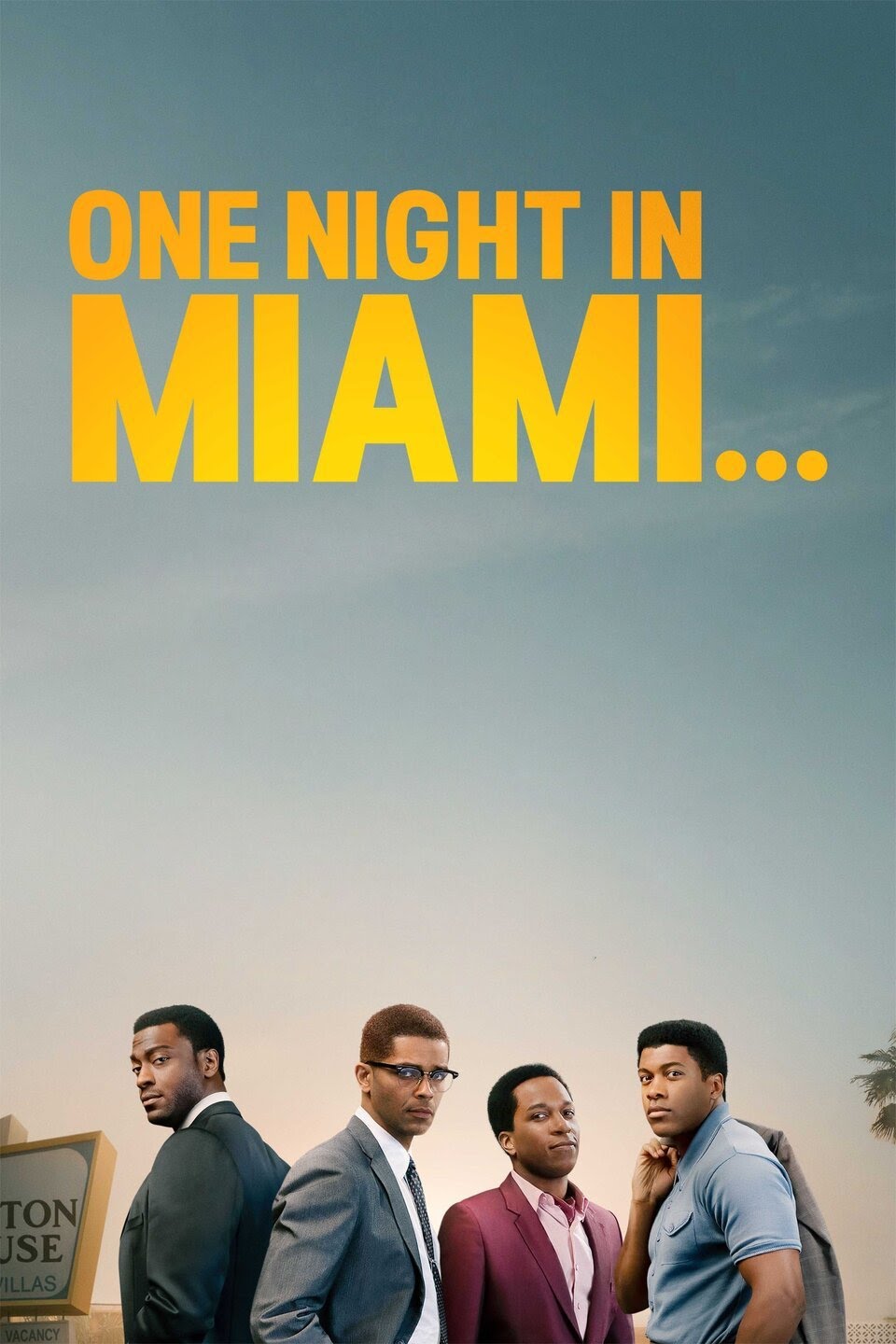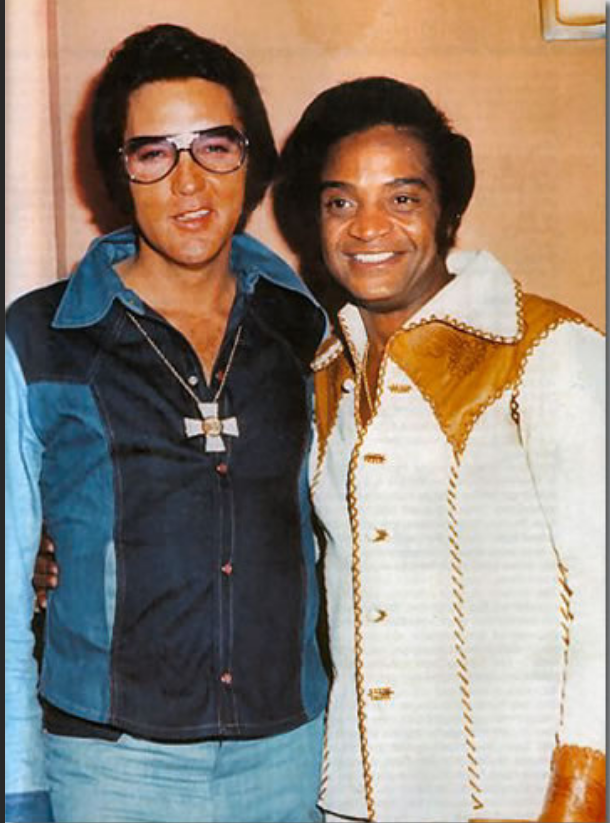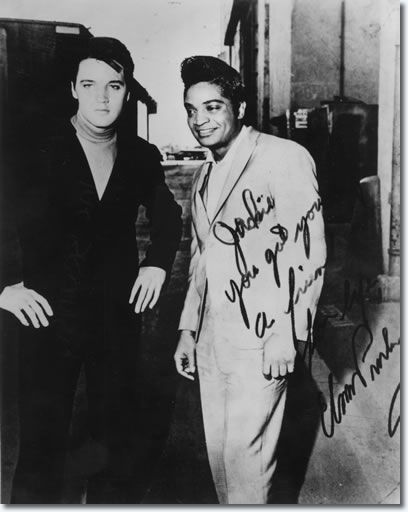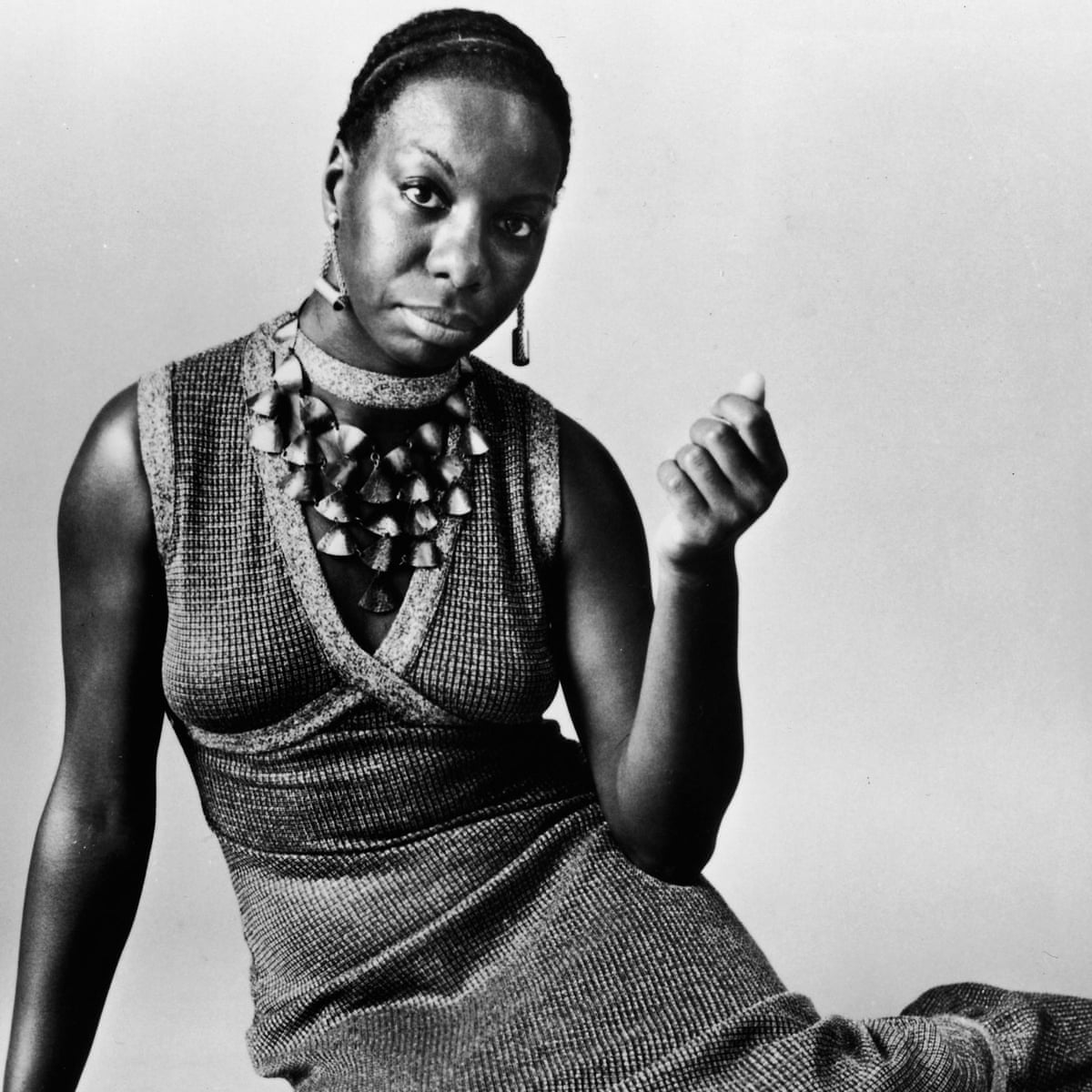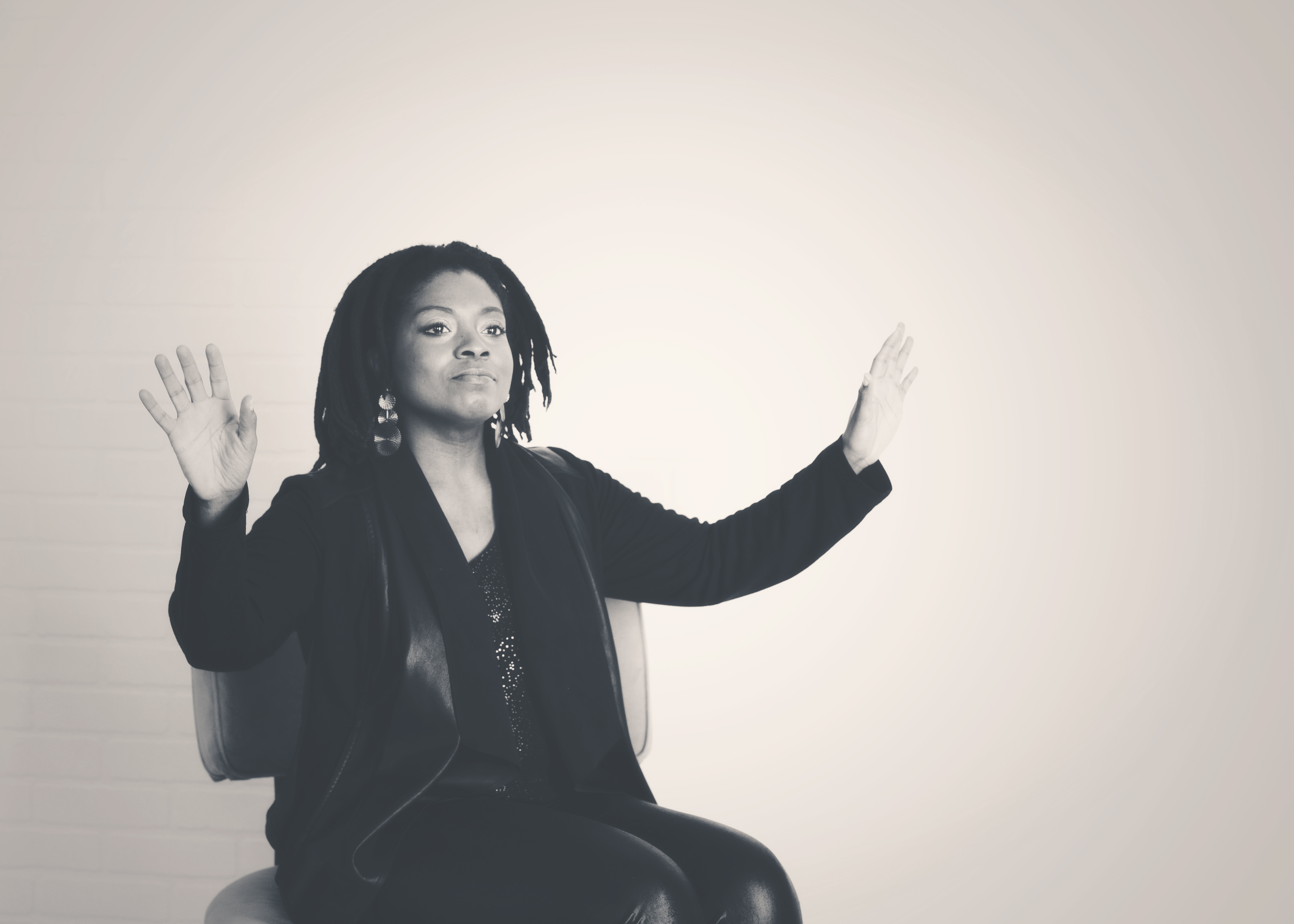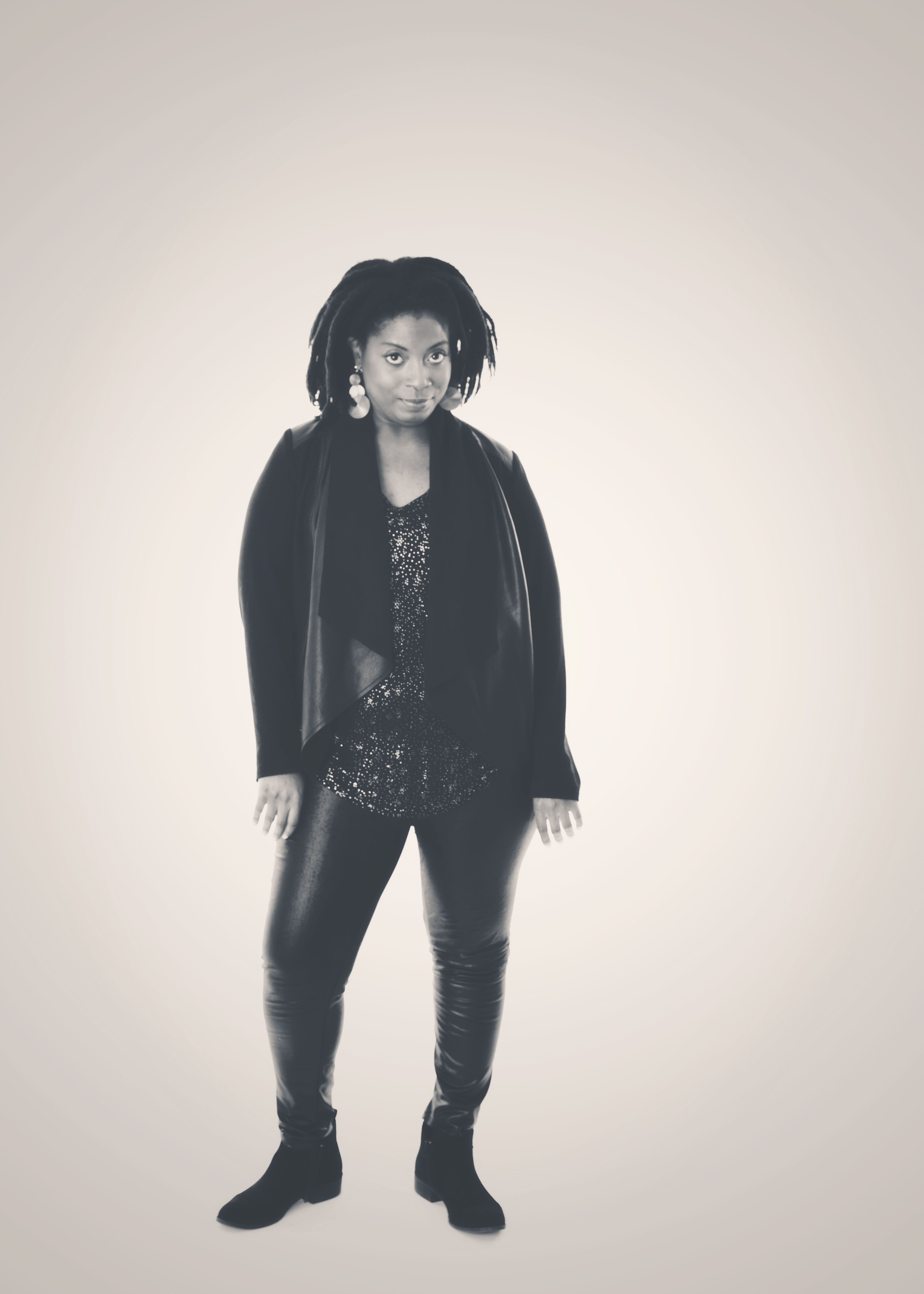The cultural appropriation of Nina Simone
The witches in the Hocus Pocus movie didn’t put a spell on anyone. According to the plot of the movie they are too busy “drinking and eating” children to do so. If they put a spell on anyone they might as well just put a spell on themselves so they do not have to eat children. Showing a bunch of white witches re-enacting, very badly mind you, Nina Simone’s version of I Put A Spell On You does not serve the plot of the movie or does anything for it. The makers put that song in the movie to culturally appropriate Nina Simone’s music and African American music in general. I’ve read a lot of articles on the cultural appropriation of Nina Simone and none have cited Hocus Pocus as an enduring example.
Funny how the so-called iconic moment of the film is one of cultural appropriation. Nothing iconic should be cultural appropriation.
Billy Butcherson in Hocus Pocus was ACTUALLY Screamin’ Jay Hawkins
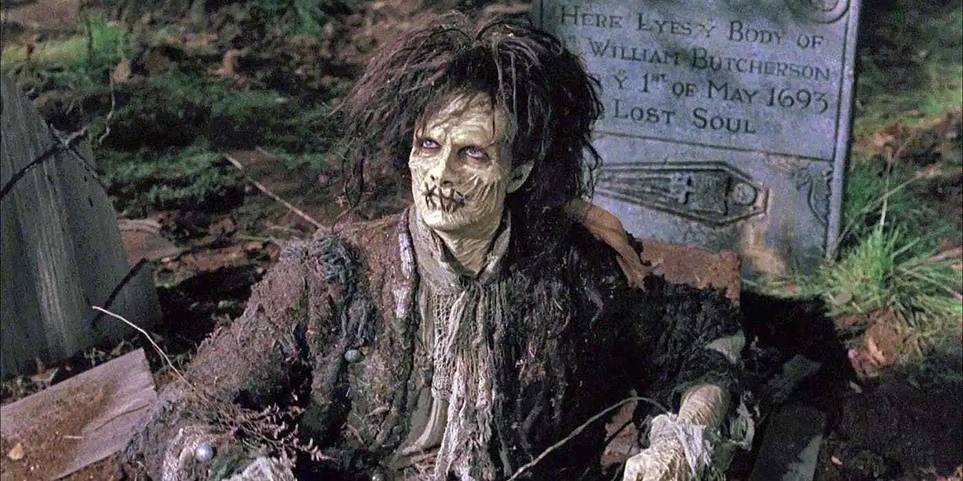
I say this because Billy Butcherson act and behaves exactly how Jay Hawkins acts in this live performance of I Put a Spell on you below. Screamin’ Jay Hawkins was a legendary rhythm and blues singer whose theatricality involved popping out of a coffin while on stage. According to the Los Angeles times, “The coffin routine started in 1956 at the suggestion of New York disc jockey Alan Freed. Initially, Hawkins was reluctant to get into the coffin, but after Freed offered him $2,000 for the stunt, it became part of the act.”
In addition to the fact that Jay Hawkins was the original singer of I Put A Spell On You, the Hocus Pocus witches rendition of the song was of Nina Simone’s version because Jay Hawkins was a male so most likely their rendition was of a woman that did the song, the most famous one being hers, Nina Simone.
What happened in this live stage performance by Jay Hawkins
Why Children Should Not Watch Hocus Pocus
Hocus Pocus is not a children’s movie and should’ve never been written, directed or produced and should’ve been BANNED. Just because something is marketed as a children’s movie doesn’t mean it is or appropriate for child consumption. The ending of the movie only proved that the children from the beginning of the movie were successfully “eaten” by the witches. Witches that eat children?? Disturbing. How was that a thing? Evil only exist as long as people stand by and do nothing for witches to have been “eating” children in the first place and it be the norm throughout the entire course of that horrible film. Adults not believing children is used as an acceptable excuse to have children running around trying to stop “child-eating witches.” Not a child’s fight and should be the responsibility of adults. And why wasn’t it? Other than the perverted writers know how dumb many adults can be and that they don’t do anything about anything but allow evil to run amok.

The boy and his little sister were not saved and as a child growing up and watching that movie, I only cared about the boy and his little sister at the beginning of the movie, instead the movie just dragged on and on and we only saw them again at the end of the movie where the movie-makers wanted to prove that the witches did in fact “eat” them. Well the boy remained a cat forever. But the fact that he and his little sister turned into ghosts at the end tells you that they might as well have “eaten” the boy too. The writers were trying to show how much power that adults have over children, in a negative manner, that the little boy couldn’t do anything about staying a cat forever. Good is how you overcome evil, so it’s unlikely that he couldn’t do anything other than the perverted writers just wanted to exploit the “powerlessness” of children and the innocence too while they’re at it. They’re implying that children are powerless and they can be exploited at will. Nevermind that responsible adults are supposed to be making sure that doesn’t happen.
Children movies are supposed to always have a strong sense of hope and this movie was nothing but hopelessness and despair specifically, the ending of the movie which was far from a happy or hopeful ending. The best children’s movies are the ones that are also family movies and have that strong sense hope.
Also, I wasn’t convinced that those witches were put away for good and wouldn’t return AGAIN to “drink/eat the spirits of children” again after a century granted a candle is “lit by a virgin.” This allusion to “child virginity” only tells you one thing and that this movie was written by a straight up pedo. Disgusting to say the least another reason it should’ve been banned and pulled from the market, the makers investigated and arrested as fit..etc. Let’s say that sex is a spiritual act. What’s so special about a virgin, “a underage, teenage virgin” at that that one has to light a candle for the witches to be brought back to life? It’s simply perverted pedo writing. There is no way around that. Then they’re putting that into a movie like they purposely want kids to be exposed to the concept of virginity in a perverted kind of way where their supposed to care. Exposed to the concept of virginity, period which everybody knows is the opposite of sex, i.e., someone that has not had sex before. The meaning of virginity is exactly that. So why does any reference to sex exist in this movie at all? A Disney movie at that, a channel for children.
Hollywood, pedophiles and cultural appropriation: Hocus Pocus quotes that reek of pedophilia:
We Must Find The Book, Brew The Potion, And Suck The Life Out Of The Children Of Salem Before Sunrise." - Winifred Sanderson “I smell children!” — Winnie "You know, I've always wanted a child. And now I think I'll have one on toast!" — Winifred Sanderson It's a little girl. - Mmm! Seven. Maybe eight. And a half. Ooh, let us play with her! Come, little children... [If this isn't pedo talk I don't know what is] Such a pretty little... child. Look at her. And she's so well fed, isn't she? Plump. Plump! [Just more pedo talk] "Boys will love me!" - [Pedo that loves little boys] The writers get to hide their satiation by making the witches say those lines so their pedo ways can safely be hidden, complete with costumes, smoke and potions and cauldrons which all serve to hide the true intentions of perversions so Hocus Pocus can be celebrated every Halloween for decades to come.
Many times society teaches us to not follow our instincts or intuition. When children follow their intuition, then they have no genuine interest in that Hocus Pocus movie. It has only been shoved down their throats every Halloween, and is another form of child mental abuse. That movie makes me sick every time I am reminded of it, and shouldn’t be viewed by children even with an adult. Most adults don’t even notice how pedo the movie is. One can infer that Hocus Pocus is just a pedophile movie about eating children; in other words, a pedophile wrote Hocus Pocus. You can tell how much of them are in Hollywood just by the content of a lot of these movies. It’s sick!! See, Hollywood, they’re trying to control your mind and your thoughts. Don’t let them do that to your children.
Sources
https://www.latimes.com/archives/la-xpm-2000-feb-13-me-63954-story.html
